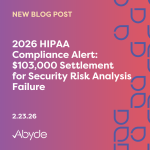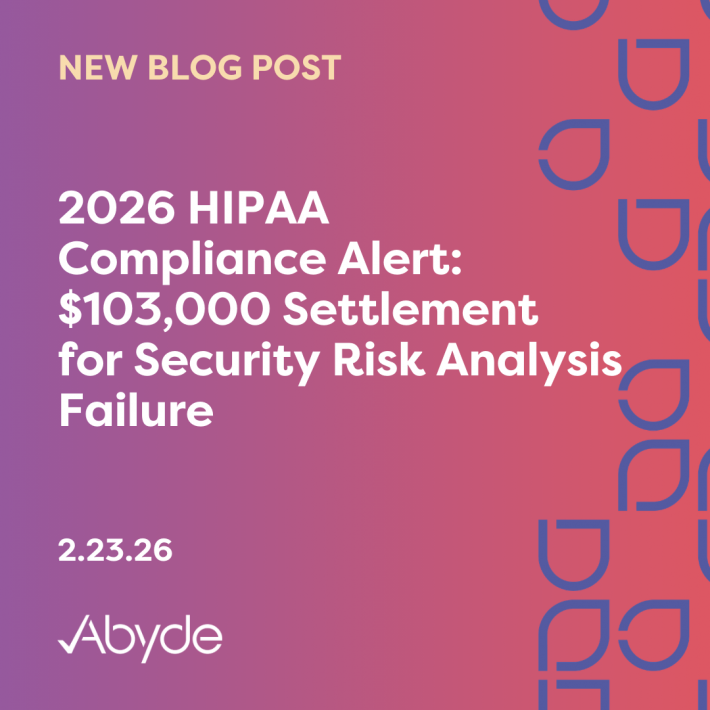May 23, 2024
Secure documentation is essential in any industry. However, in healthcare, there’s even more on the line. Ensuring HIPAA compliance with proper patient data care is crucial. Let’s explore how it works.
Required Documentation for HIPAA
HIPAA requires Covered Entities (CEs) and Business Associates (BAs) to document how they manage Protected Health Information (PHI).
Your organization needs to document its compliance process to be HIPAA compliant. This process includes your initial Security Risk Analysis, identifying risks and vulnerabilities, completing training, and any partnerships your organization might have with BAs. Under the Breach Notification Rule, any breach must be documented and reported, and affected patients must be notified.
Written proof is required that your organization takes appropriate measures to protect patient data, especially when dealing with PHI. Additionally, your practice’s policies and procedures must be easily accessible and personalized for your location. Personalized documentation of policies, like a Disaster Recovery Plan, details the best course of action for your employees and their roles if a situation arises.
What Happens if Documentation isn’t in Place?
When documentation isn’t in place, it can lead to fines.
Proper documentation is crucial for HIPAA compliance. HIPAA mandates personalized documentation of your practice’s compliance program, which identifies your practice and shows that appropriate measures are in place to secure PHI.
The Business Associate Agreement (BAA) is a legally binding contract required for Covered Entities to establish with their Business Associates. The BAA outlines each party’s responsibilities for securing PHI. This documentation is vital for ensuring compliance with HIPAA regulations and identifying duties in the relationship. Many organizations have faced fines for neglecting this essential documentation. For instance, the Center for Children’s Digestive Health was fined $31,000 for lacking a BAA.
While thorough documentation practices are essential, many practices using manual methods often fall short, leading to HIPAA violations. At the latest HIPAA Summit, the OCR stated that some of the most common recurring HIPAA violations include incorrect documentation, especially missing BAAs.
It’s a simple task to ensure accountability, but it’s necessary.
How Intelligent Software Solutions Can Help
Documentation is essential but can be overwhelming. Compliance software simplifies the process, saving countless hours and protecting your practice.
Innovative cloud-based solutions enable you to auto-generate and manage your policies and procedures quickly. You can create your documentation dynamically in seconds, ensuring your practice has the most up-to-date documentation.
BAAs, a commonly overlooked document, can also be managed within software. Drafting the agreement and sending the documentation through the software simplifies the process.
To learn more about how Abyde can streamline and simplify your HIPAA compliance, please schedule an educational consultation.





